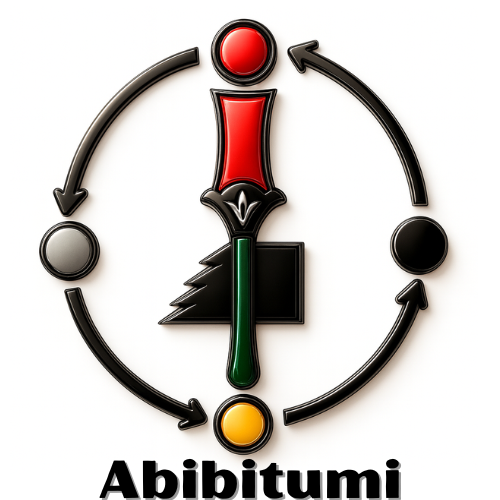-
“Called Fulani in Northern Nigeria, Peul by the French, and Fellata in Borno and the Nilotic Sudan,72 the Fulbe are speakers of the fourth most spoken African language after Arabic, Kiswahili, and Hausa. Originating in the Senegal River valley, they spread throughout the West African savannah between the eleventh and nineteenth centuries.73 They are now present from Senegal to the Nilotic Sudan, with strong concentrations in Northern Nigeria. Although they converted to Islam after the Wangara, they became no less ardent messengers and teachers of Islam. From the eighteenth century on, many Fulbe specialized in scholarship,74 and Pulaar became an important language for the transmission of Islamic learning, second only to Arabic in the western Sudan. This was so much the case that many aspirants to clerical status among the Wolof, Soninke, and other ethnic groups of the Senegal River valley assimilated to the Haal Pulaar ethnicity in order to become scholars. In the process, some of them adopted Haal Pulaar patronyms.75 But it is in Hausaland that their teaching had the strongest impact in the late eighteenth and early nineteenth centuries. Under the leadership of Uthman Dan Fodio, a community of scholars was founded that toppled all the Hausa states and founded the Sokoto Caliphate. Known as Fodiawa, the community of Uthman Dan Fodio produced scholarly works at a scale comparable to that of the Kunta Zawaya. In the formative stage of the Fodio community,76 Uthman Dan Fodio (d. 1817), Abdullahi Dan Fodio (d. 1829), and Sultan Muhammad Bello (d. 1837) produced over three hundred scholarly works in Arabic, Hausa, and Fulfulde.”
-Ousmane Oumar Kane, Beyond Timbuktu: An Intellectual History of Muslim West Africa

